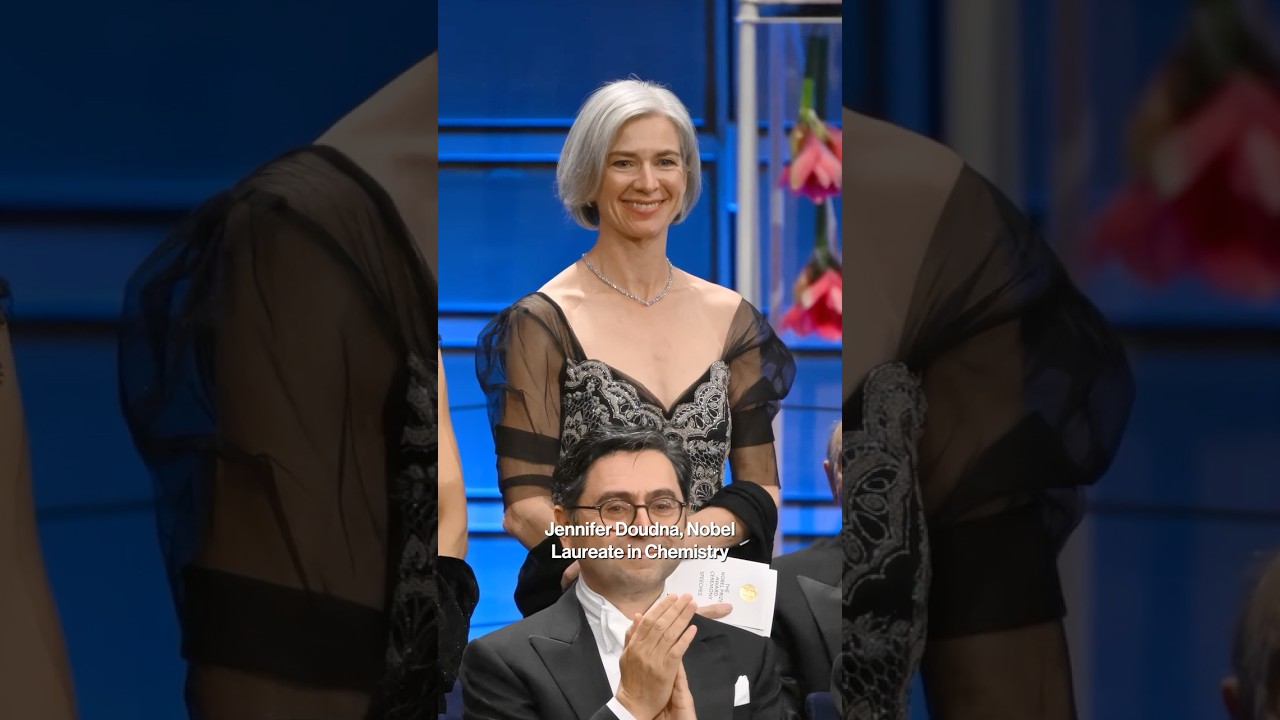At the Bloomberg Tech Conference, Jennifer Doudna discussed how AI is enhancing gene editing by improving protein design and predicting experimental outcomes, though challenges remain due to limited data for training AI models. She expressed optimism that AI will transform gene editing by enabling more precise and effective targeting of genes, ultimately advancing medical research and treatments.
At the Bloomberg Tech Conference, Jennifer Doudna, a Nobel Laureate in Chemistry and founder of the Innovative Genomics Institute, engaged in a conversation with Bloomberg’s Emily Chang about the intersection of artificial intelligence (AI) and gene editing. The event highlighted the exciting potential of combining these two cutting-edge technologies to advance scientific research and healthcare.
Jennifer Doudna emphasized that AI is currently being utilized to enhance genome editing proteins and to predict the outcomes of gene editing experiments. This integration is seen as a promising development that could significantly improve the precision and effectiveness of gene editing techniques, which are crucial for advancing treatments and understanding genetic diseases.
Despite the optimism, Doudna pointed out that the field faces challenges, particularly the lack of sufficient data to train AI models effectively. She noted that the biological research community may not yet have the right models or enough comprehensive data sets to fully leverage AI’s capabilities, suggesting that this is an area that requires further development.
Looking ahead, Doudna expressed confidence that AI will play a transformative role in gene editing. She believes that AI will help scientists better understand which genes should be targeted for editing and predict the outcomes of these edits. This predictive power is expected to be invaluable in designing gene editing strategies that can improve human health.
Overall, the conversation underscored a future where AI and gene editing work hand in hand to unlock new possibilities in medicine and biology. Jennifer Doudna’s insights highlight the ongoing efforts to harness AI to make gene editing more precise, predictable, and ultimately more beneficial for addressing complex health challenges.
